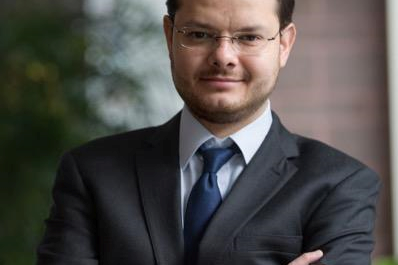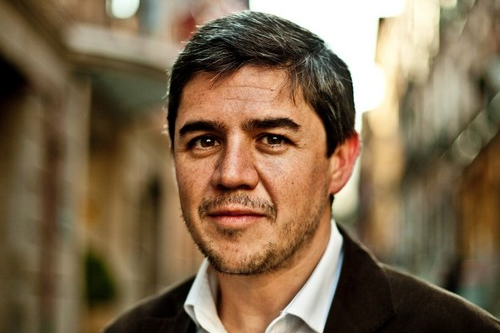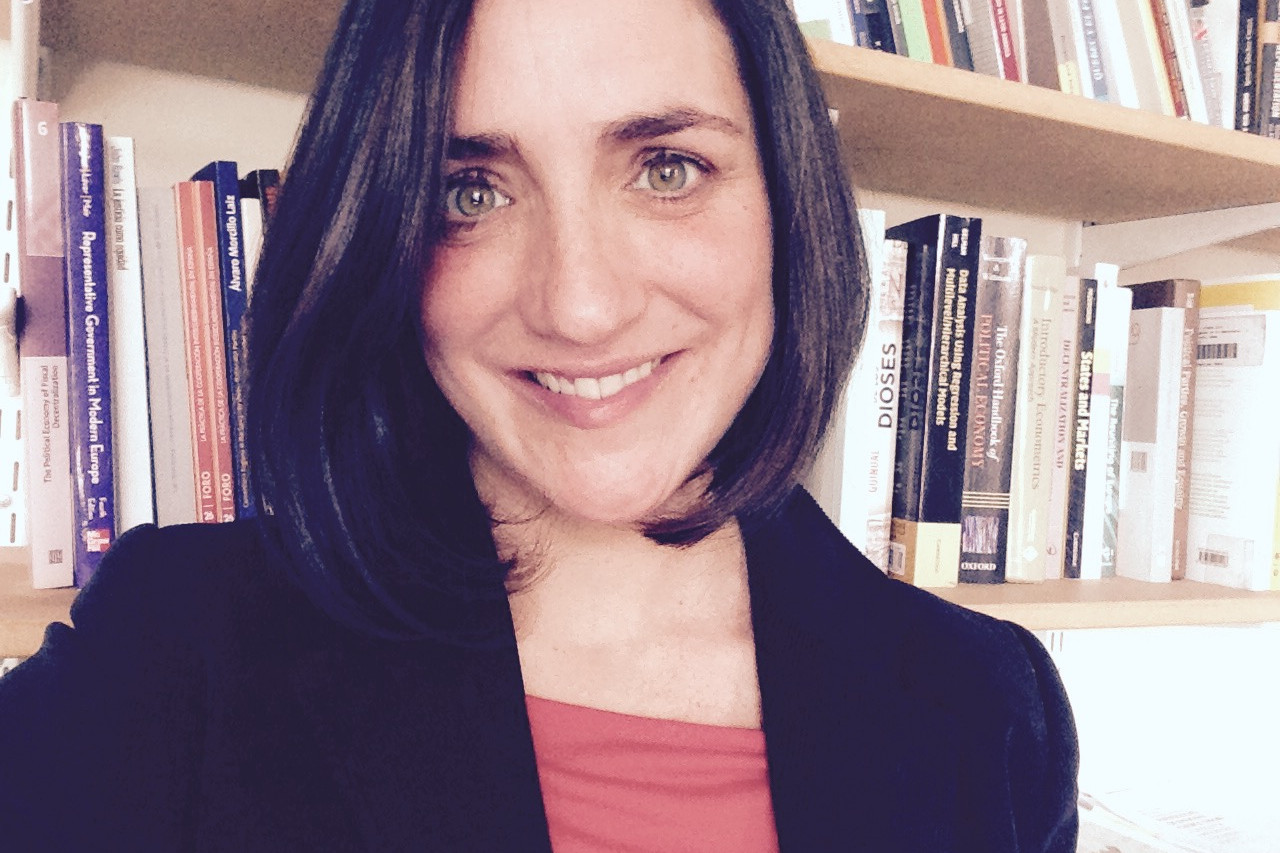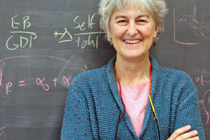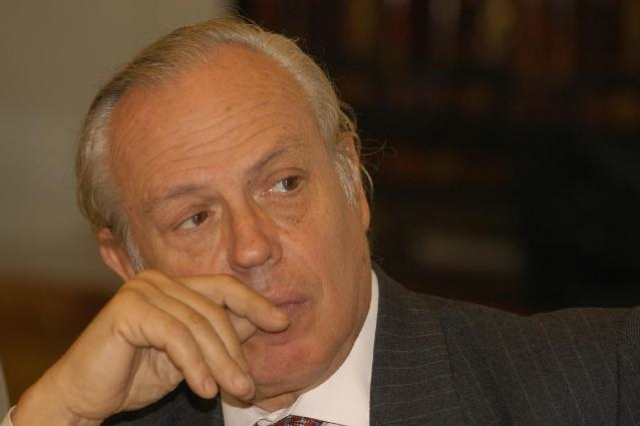Ezequiel Adamovsky. Doctor in History from University College London (UCL)
A few weeks ago in the newspaper Clarin responded to a writer who argued that liberalism was the "heart" of democracy. My argument, which was to the contrary, caused several replies to be fired from liberals who were offended. In this text I would like to extend the meaning of my discourse, making available to the public some of the arguments raised by specialists in the history of liberal tradition (generally very little known by the militants of that persuasion).
Advocates of liberal ideas have built a self-congratulatory story that now is part of common sense. They argue that liberalism emerged inseparably from the ideas of the Enlightenment (the first would be something like the Enlightenment movement made into political doctrine). The initial reason being the defence of freedom against absolutism of monarchs. For that commitment to freedom and individual rights, we must thank the Liberals for the rule of law, the extension of civil and social rights and democracy itself. The Liberals, in short, would be the eternal enemies of all authoritarianism, constant guardians of the rights of individuals against state abuses. However, this story is based on some myths and falsehoods that need to be reviewed.
Liberalism and modernity
Modernity as historical experience, and the Enlightenment as a movement in the realm of ideas, began before the emergence of the liberal tradition. Modernity began in Europe between 1200 and 1600, following the discovery of the plane of immanence, that is, that the laws that govern this world belong to this world (and not to God or a transcendent order) and are therefore subject to the knowledge and action of men and women in society. In short, human beings are masters of themselves.
This finding sparked feverish intellectual activity. From the seventeenth century, the affirmation of the plane of immanence led the intellectual movement we call the Enlightenment. In its first manifestations, it raised remarkable ideas. The "radical" Enlightenment authors such as Spinoza, Diderot and Rousseau proposed notions of the "common good". As part of these discussions, even before Rousseau, an egalitarian and profound criticism of economic inequality and anti-social effects of private property appeared. Both democratic and socialist aspirations come from the "radical" impulse of the Enlightenment. Nevertheless, the challenge posed by these ideas made at the same time gave rise to others, aimed at counteracting it. Some of them were participating in the Enlightenment movement: from Descartes to Hegel, through Hobbes and Kant, they sought to reinstate some transcendental plane as one way to limit the disruptive and democratic potential.
Liberalism appeared driven by the same intention: in his heart was the vocation to re-establish some transcendent authority over human affairs. In the formative moment of liberalism, John Locke put it clearly: "humans only begin to be part of the civil / political society when they are able to have a 'civil' behaviour. Only those who are owners of themselves -the idea of proprietorship is the model from which we think about the issue- can autonomously participate in society." In this tradition a "metaphysical individualism" was postulated, that is, the idea that there is an abstract individual, who enjoys rights that predate and are external to the society in which they live (so that society does not have the power to put them up for discussion). In this sense, liberalism did not come from the aim of deepening the democratic capabilities of societies as much as possible. Rather, it aimed to limit them, creating a "private" domain for issues that remained out of the reach of collective decisions. By extension, the liberal tradition postulated a field of social life -the "civil society"- governed by the private interests of each individual and also protected from the interference of "political society" (the state). Ownership of property was a right that in itself liberals always considered to be part of the private sphere, that is, protected from collective considerations. The activities of economic accumulation, by extension, also remained as belonging to civil society.



